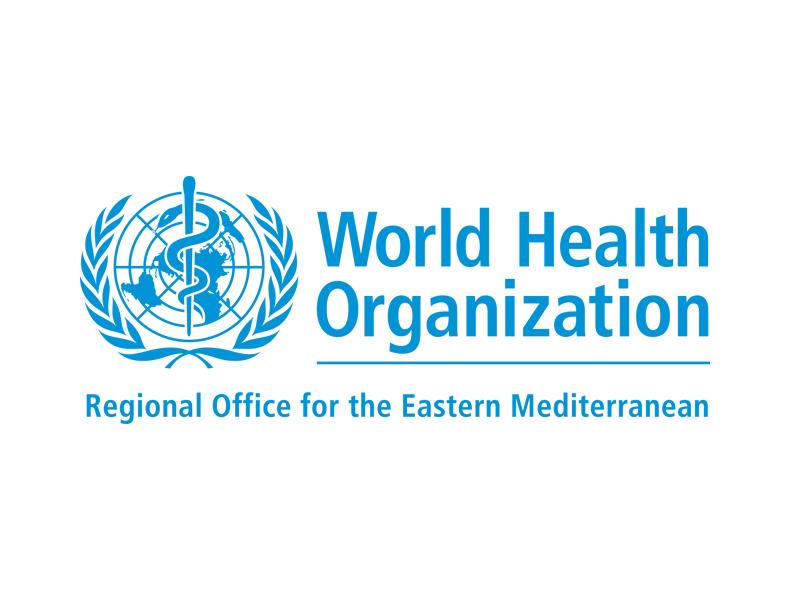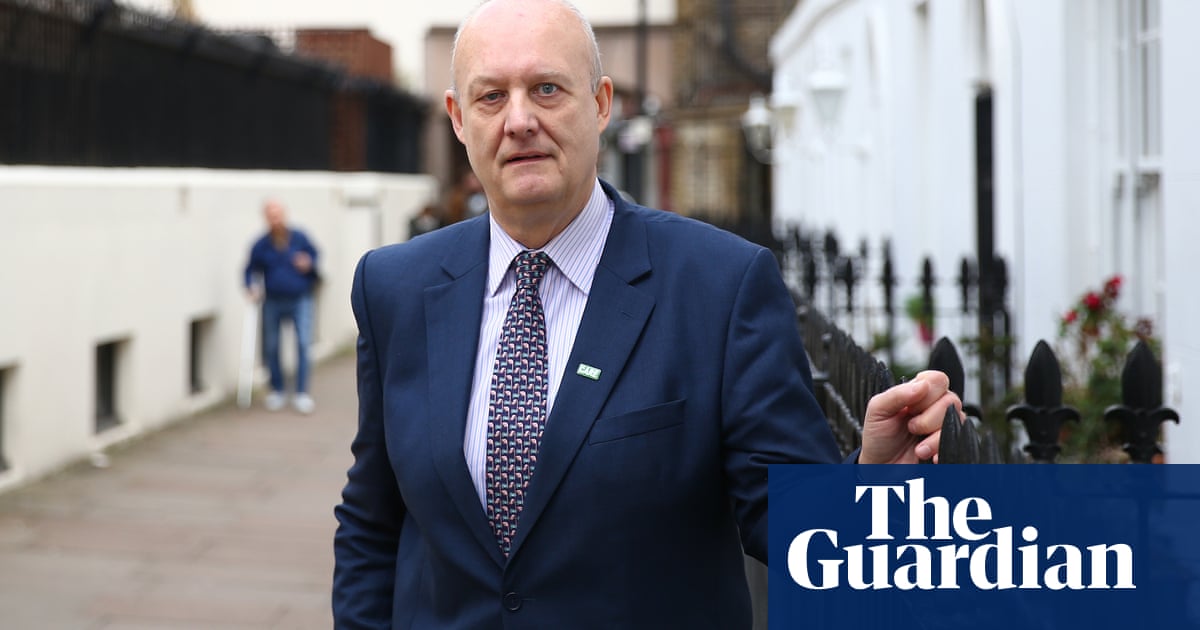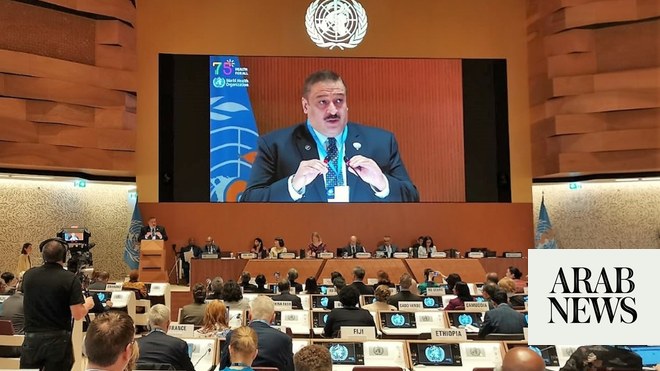
Three events affecting the health sector happened recently in Egypt in less than a week: President Abdel Fattah El-Sisi’s decision to implement the first phase of a comprehensive health-insurance law; the fire at Al-Hossein Hospital; and Health Minister Dr. Hala Zayed’s decree that the national anthem will be played in hospitals to promote patriotism.
The first is, without a doubt, the most important and most worthy of discussion and analysis. Unfortunately, it was overshadowed by the controversy and sarcasm that greeted the anthem announcement by the health minister. Nor was it celebrated, like the doctors who helped save their patients from the fire on July 7.
There is ongoing development of Egypt’s health sector on a structural level. The number of hospitals grew to 106 in 2017, at a cost of 10 billion Egyptian pounds ($558 million), and four new university hospitals, costing 1.5 billion Egyptian pounds, are about to open. Together they will treat more than 16 million Egyptian and foreign patients a year.
However, a report published in November 2017 by the Council of Ministers titled “Transparency and confrontation: Reform pillars for a promising future and high ambitions,” contained criticisms and concerns about many aspects of the health service, including systems to prevent disasters such as the Al-Hossein fire, the dilapidated state of some hospitals, the indiscipline of doctors, and incidents of important medicines and other supplies going missing.
These issues do not seem to be a priority for the new health minister, appointed in June, who instead has been busy ordering the playing of the national anthem in hospitals and defending it on more than one media platform.
While Zayed was busy with this, she and the president were also meeting with the prime minister, other ministers and officials to continue developing plans for the comprehensive national health insurance, announced by El-Sisi days before.
During this meeting the president ordered the problems be addressed and state-provided health care be improved, while stressing the importance of the new health insurance for Egyptian families so that they can feel safe and confident about their health. He also stressed the need for high-quality hospitals in the provinces, in central locations so that citizens do not have to travel far to reach them.
The health system in Egypt needs decisive action to salvage what can be saved.
Abdellatif El-Menawy
In addition, El-Sisi ordered the elimination within six months of waiting lists for patients needing operations or other critical treatment, and the improvement of the work environment in hospitals, in partnership with civil-society institutions and provincial bodies.
This all falls under the first phase of the health insurance project, which Zayed announced will cost 1.8 billion Egyptian pounds. She added that ministerial committees will oversee its implementation.
Finance Minister Mohammed Maait said that the government suggested the funding for health insurance should have the same protection and safeguards as funding for other national insurances and pensions. Yasser Omar, a representative of the Parliament’s Planning and Budget Committee agreed, stressing the importance of preserving health insurance funding.
Insurance experts called for the introduction of a new mechanism to help insurance companies and the new health insurance system to work together. They also stressed the need for the new health insurance law to include guidelines for the role of the private insurance sector with regards to supplementary medical insurance and the cost of medical services.
Some analysts accused the Health Ministry of underestimating the importance of the role of insurance companies in contributing to the new system. They point out that so far the ministry has not met representatives of the industry or asked for their help and advice, and is ignoring their expertise in the fields of medical care, administrative organization and information networks, and dealing with service providers.
The General Authority for Health Insurance, the country’s first and primary provider of health insurance, was established in 1964 as a government organization that aimed to provide health insurance for all Egyptians. In 2010, it provided coverage for about 45 million people, from newborns to pensioners, a number that increased yearly by 8.2 percent, reaching 50.2 million in 2014. According to UN estimates, the current population of the country is 99 million. In 2016, a new law was proposed that aimed to cover all Egyptian citizens.
The health system in Egypt needs decisive action to salvage what can be saved, not official proclamations that will not promote patriotism but instead criticism and resentment over the decisions and decrees of some governmental officials.
• Abdellatif El-Menawy is a critically acclaimed multimedia journalist, writer and columnist who has covered war zones and conflicts worldwide. Twitter: @ALMenawy
Disclaimer: Views expressed by writers in this section are their own and do not necessarily reflect Arab News" point-of-view











